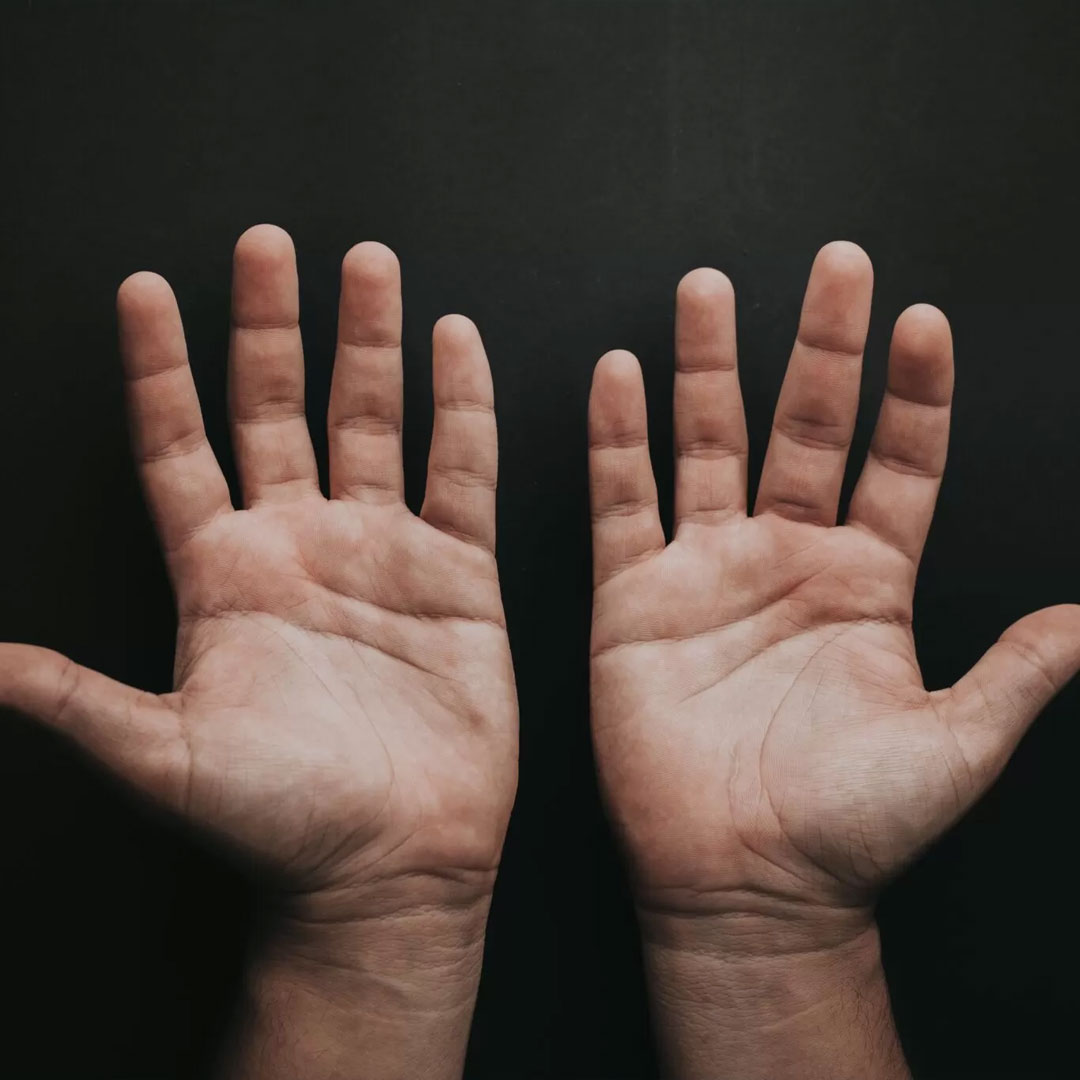Tennis Elbow
September 10, 2024Psoriatic Arthritis
September 10, 2024Have you noticed that your hands have been inexplicably clumsy recently? You know you’ve been using them a lot for work and your hobbies, so you assume that they’re probably just tired. Then you might start to have pain that is dull and pulsating mostly around your knuckles. There are many causes of clumsy, painful hands, including arthritis, rheumatoid arthritis, neurological disorders, and nerve irritation.
There’s a reason for and solutions to your problem. Schedule an appointment to meet with one of our physical therapists. By listening to your life experiences and your explanation of your issue, they will diagnose the problem with your clumsy hands. Then they will treat it through education and movement.
Now, if you're fairly active, on the younger side, have never injured your hands, and have no family history of arthritis or neurological disorders, your problem might surprise you. You might think that you’ve been overworking your hands and that you should give them a break. If the problem is what we think it might be, then rest is the exact opposite type of treatment from what you may actually need.
Here is why your hands may be struggling. When you are exercising, you’re challenging your grip strength. This strengthens your hands in the direction of closing your fist. This direction is called flexion.1 When you’re doing daily activities like cooking, typing, and laundry, you’re still picking things up, gripping tools, and moving your hand with a closed grip, flexion, motion. When you're having fun with your hobbies like painting, gardening, golfing, tennis, knitting, and drawing, your hands are still exclusively using flexion to hold your tools.
What’s missing? The muscles that work your hand in the opposite direction, opening your hand, may be being ignored and forgotten. This direction is called extension.1
How to know that you need to work your hand opening muscles:
- You keep dropping things.
- You feel pain when they aren’t working.
- You know you have a strong core, yet you struggle holding yourself up in a plank to the point when your hands and wrists start to feel strain before your core.
Why Build Finger and Hand Extension Strength?
When your hands have been using flexion too much, they start to get tired. That’s when you begin to drop things that you normally wouldn’t drop like your phone or your water bottle. It makes you feel like you’re clumsy, but really your hands are just weak. Too much flexion can start to make your hand muscles hurt, almost mimicking arthritis. Over time, too much flexion and not enough extension can make it hard to hold yourself up when you fall or in plank positions when you exercise. This is because your hands and fingers have to hold extension for a period of time that they're too weak to do.
If you build extension strength, you can hold yourself up better and longer, you have more control of your hand motions, and your hand pain will start to dissipate. You will also reduce your chance of injuring your hands, wrists, and fingers.
What You Can Do
The hand muscles need to be worked, but there aren't many exercises that work the opening grip muscles. The best thing you can do is use resistance bands. There are even resistance bands made specifically for fingers! See the Amazon link below. Resistance bands like these make it harder for you to stretch your fingers outwards. Repeated use of these bands strengthen the muscles that control extension. You can also use a normal resistance band, or even a rubber band, by looping it around the backside of your fingers and thumbs and stretching them back against the band.2 If you don’t have resistance bands, you can exercise your muscles that control extension by resting your hand palm side down on a flat surface and lifting your fingers up off of it repeatedly.3
If you find that these exercises aren’t making a difference or you would like help, our physical therapists are always here for you! Your problem could be more than just weak hand muscles. Schedule an appointment online or by calling (206)-327-9880.


